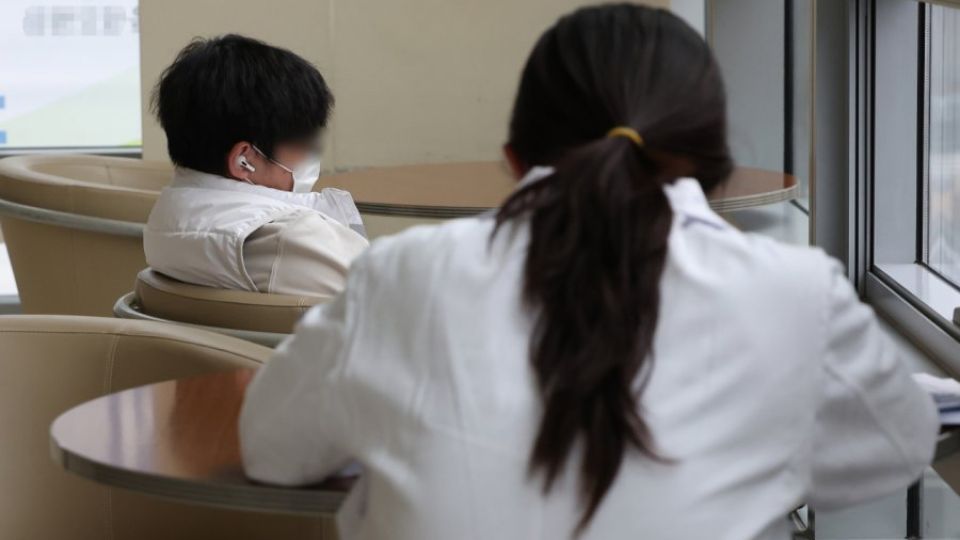April 1, 2024
SEOUL – Clouds are hovering over the government’s attempts to seek a breakthrough with medical circles, a week after it left the door open for talks, as doctors refuse to bend and as the government locks horns within the ruling bloc over the expansion plan.
Amid a monthlong standoff, the Health Ministry on Sunday expressed regrets over the medical community’s nonchalant attitude toward talks and medical professors’ decision to reduce their working hours to 52 weekly starting Monday, once again pleading with doctors to return to the negotiating table.
The remarks come after an emergency response committee comprising medical professors from 20 schools demanded Saturday that Second Vice Health Minister Park Min-soo be excluded from making media responses to clear the way for talks, echoing the stance of many doctors.
“There’s a consensus (among medical professors) that the second vice health minister’s words and actions are an obstacle to facilitating talks,” said Bang Jae-seung, who heads the emergency council for medical school professors, in a press conference at Seoul National University Hospital.
Last week, the new head of the Korean Medical Association — the country’s largest doctors’ group — also urged the removal of Park and Health Minister Cho Kyoo-hong as a preliminary condition for a dialogue.
The association noted that medical professors would adjust their working hours by focusing on essential medical services, citing fatigue from the medical vacuum caused by trainee doctors’ walkouts, despite the government’s continued plea for them to stay beside patients and persuade junior doctors to return.
“We’ve been treating patients without time constraints and reducing their numbers, (but) it seems like we’ve reached physical limits. (Medical professors) agreed to take a day off after a 24-hour shift starting on Monday,” he added.
The remarks come after the government reiterated that it has no plans to backtrack on the expanded enrollment quota and as it vows to complete the medical reform in accordance with the rule of law.
However, calls are growing from within the ruling bloc that the government should adopt a “fluid approach” to achieving more medical students and resolving the strife.
In a radio interview with YTN on Friday, Rep. Ahn Cheol-soo, who co-chairs the election committee of the People Power Party, said the government should be open to discussing the quota with doctors. Otherwise, the hike would only lead to a medical collapse, he warned.
Rep. Kwon Young-se, a four-term lawmaker for the People Power Party seeking reelection in Yongsan, central Seoul, also said in a radio interview with CBS on Friday that the government should exercise flexibility.
“Even if (the government) ultimately reaches having 2,000 (more seats), it can delay or (implement the plan) gradually,” he said.
Despite doctors’ calls to scrap the plan, the Education Ministry said Sunday that it plans to conduct demand surveys through April 8 on 32 medical schools with new slots to figure out what they need to provide proper education.
Meanwhile, the KMA met with the Metropolitan and Provincial Council Chairs Association of Korea later in the day to discuss response plans over the issue.


